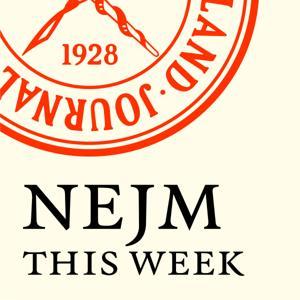First, you will hear updates in mantle cell lymphoma (MCL) trials from Michael Wang, MD, The University of Texas MD Anderson Cancer Center, Houston, TX, Austin Kim, MD, Dana-Farber Cancer Institute, Boston, MA, and Tycel Phillips, MD, City of Hope, Duarte, CA. Following this, Chan Cheah, MBBS, FRACP, FRCPA, DMSc, Linear Clinical Research and Sir Charles Gairdner Hospital, Perth, Australia, and Jorge Castillo, MD, Dana-Farber Cancer Institute, Boston, MA, share BTKi trial updates in Waldenström’s macroglobulinemia (WM). Finally, Lorenzo Falchi, MD, Memorial Sloan Kettering Cancer Center, New York, NY, discusses the preliminary results of the MITHIC-FL2 trial (NCT05389293) investigating mosunetuzumab plus zanubrutinib in newly diagnosed high-burden follicular lymphoma (FL), and Jason Westin, MD, FACP, The University of Texas MD Anderson Cancer Center, Houston, TX, presents the primary analysis of the Smart Stop trial (NCT04978584), which evaluated a four-drug combination in newly diagnosed diffuse large B-cell lymphoma (DLBCL).


























